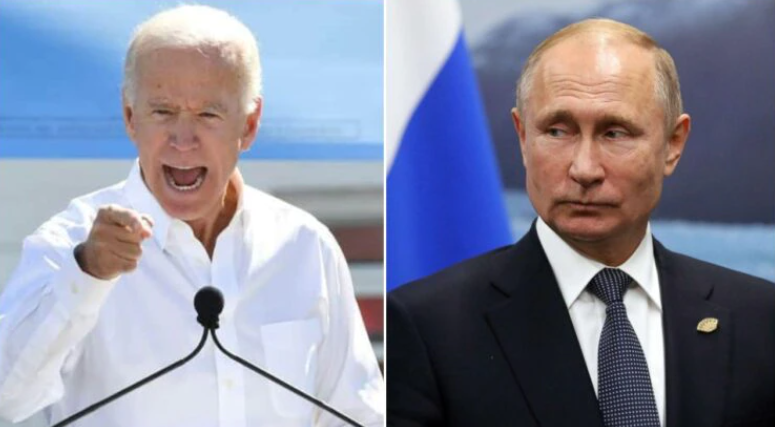CNN
Xi Jinping wants China to learn how to make friends and influence people.
Speaking at a study session for the Communist Party’s top leadership on Monday, the Chinese President said it was important for the country to tell its story in a positive way, presenting the image of a “credible, lovable, and respectable China,” according to state-run news agency Xinhua.
He added that the Party’s propaganda organizations need to make it clear to the world that Beijing wants “nothing but the Chinese people’s well-being.”
Xi’s vision makes sense. Since taking power in 2012, he has pushed for China to take a bigger role in global affairs, but aside from Russia and Pakistan, China has few strong diplomatic relationships with major world powers.
What Xi didn’t say was that his country currently has a big image problem in many parts of the world. A Pew Research report from late 2020 found that of 14 countries surveyed across Europe, North America and East Asia, every one had a majority negative view of China.
Part of Beijing’s image problem comes from the Covid-19 pandemic, and allegations the government covered up the original outbreak in Wuhan in December 2019, potentially worsening the global spread of the virus.
But opinions of China were worsening even before the pandemic — and part of that is down to the country’s embrace of “wolf warrior” diplomacy.
Named after a series of nationalistic Chinese action films, this jingoistic foreign policy first began to take shape in 2019 when top diplomats began aggressively calling out alleged slights against China in press conferences or on social media.
In July 2019, Zhao Lijian, then a counselor at the Chinese embassy in Pakistan, began to condemn what he saw as the United States’ hypocrisy over human rights, pointing out Washington’s own problems with racism, income inequality and gun violence.
Zhao’s full-throated defense of China was controversial. But it got him a promotion to Foreign Ministry spokesman and other Chinese diplomats started to mirror him.
There have been reports of unease over the wolf warriors inside China’s diplomatic community, but for now, there is no sign that Zhao or his colleagues being reined in, especially not when their approach is so popular with domestic audiences.
After top Chinese diplomat Yang Jiechi told his US counterparts in March that Washington “does not have the qualification to speak to China,” his catchphrase was quickly printed on T-shirts sold in Beijing and other cities.
Xi might want China to extend the hand of friendship to the world, but with the wolf warriors of the Foreign Ministry howling at his back, many countries might be reticent to take the chance.
This news originally appeared in CNN.



Connect with us on our socials: